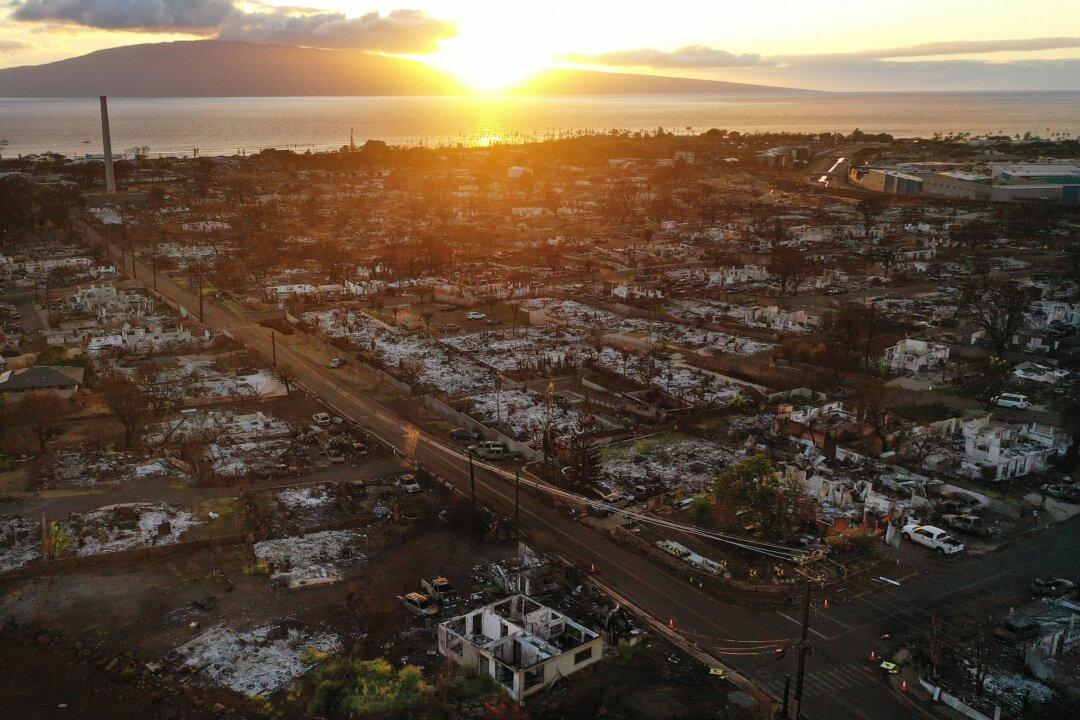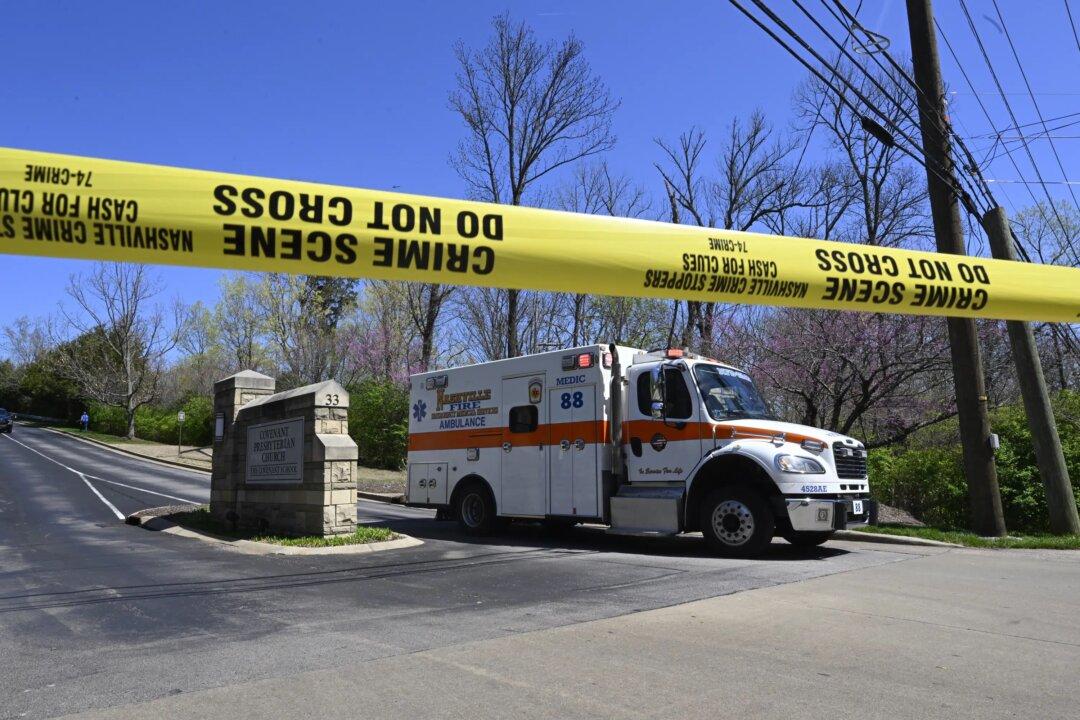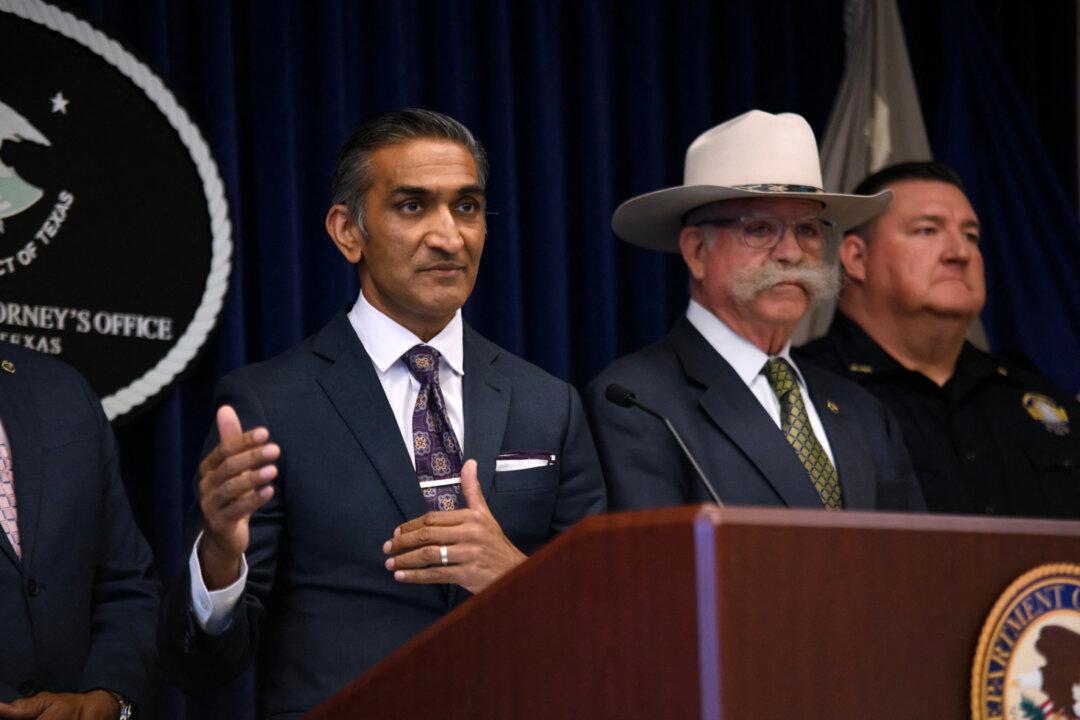A pop-up village meant to house survivors of the tragic Aug. 2023 fire in Maui, Hawaii, has been held up by red tape and issues over water rights, according to organizers.
The Ohana Hope Village, a cluster of 88 pop-up modular homes spread across 10 acres of land owned in Kahului, a tourist hot spot in Maui, had been expected to house 350 fire survivors for three to five years until they could find permanent housing. Construction started within two weeks of the disaster, with the government of Hungary arranging for the transport of dozens of 8-by-20-foot modular homes that had been flown into the island on NATO aircraft.





